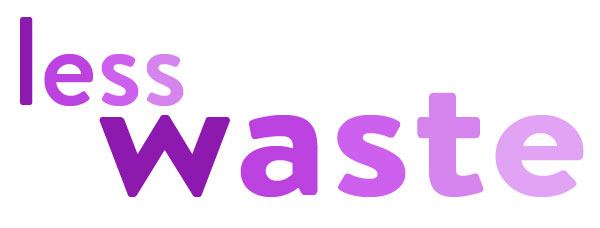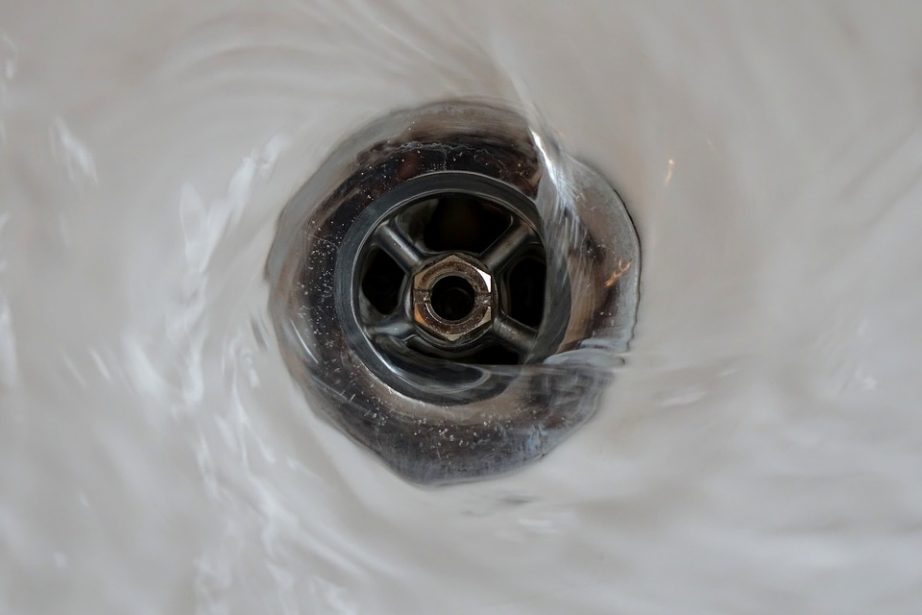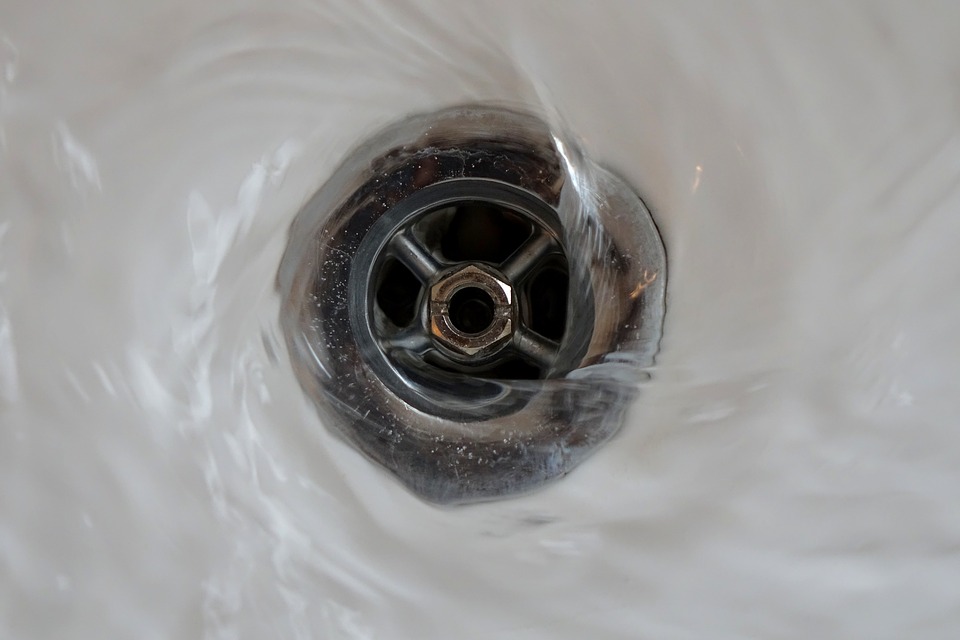What is grey water?
Grey water is water that has been used to wash something. It is the water from showers, washing dishes, baths, sinks, etc. and it typically makes up between 50-80% of a household’s waste water. (source – https://www.thegreenage.co.uk/tech/greywater-recycling/)
Why bother reusing it?
Because it costs money and energy to make our water clean enough to drink. If you are on a water meter it makes sense to get the best out of your water.
How easy is it?
It is as easy as remembering to collect it. You can use a bucket in the shower or using a washing up bowl when you do dishes. Put an extra bowl in the bathroom sink and save the water that runs down the plughole when you wash your hands. Don’t use any chunky bits so if you have food residue in the bottom of your washing up bowl you need to sieve that out.
What is it good for?
Watering plants – any soapy residue will work as an insecticide but remember some insects are beneficial. It is great for watering lawns or giving long drinks to thirsty fruit bushes.
Cleaning floors – catch the water from a shower in a bucket, or scoop up a bucket full from the bath when you have finished with it. This water is clean enough to give the floors a wipe with and might contain enough soap to do the job without you adding any extra.
Flushing the loo – when you think about it, there isn’t much sense in using clean drinking water to wash away our waste. Just pour some grey water in from a bucket when you have finished.
Is it safe?
I’m taking this from Wikipedia but the short version is yes.
“Greywater use for irrigation appears to be a safe practice. A 2015 epidemiological study found no additional burden of disease among greywater users irrigating arid regions.[10] The safety of reuse of greywater as potable water has also been studied. A few organic micropollutants including benzene were found in greywater in significant concentrations but most pollutants were in very low concentrations.[11] Faecal contamination, peripheral pathogens (e.g., skin and mucous tissue), and food-derived pathogens are the three major sources of pathogens in greywater.[12]
Greywater reuse in toilet flushing and garden irrigation may produce aerosols. These could transmit legionella disease and bring a potential health risk for people. However, the result of the research shows that the health risk due to reuse of greywater either for garden irrigation or toilet flushing was not significantly higher than the risk associated with using clear water for the same activities.[13]”
The Centre for Alternative Technology have good advice not to store it for more than 24 hours.
Resources
Greywater Action – for tips about plumbing, safety and irrigation.
CAT – advice about reusing grey and rain water.
The Guardian – article about plumbing in greywater systems.


